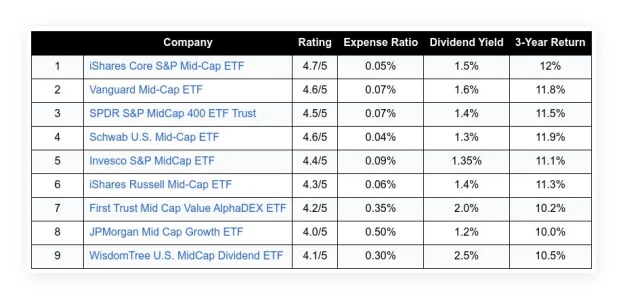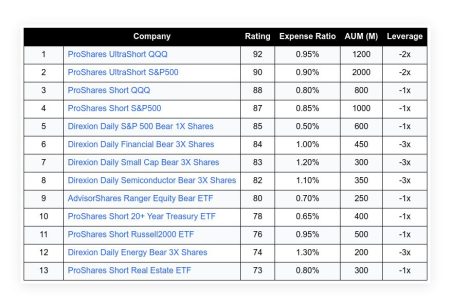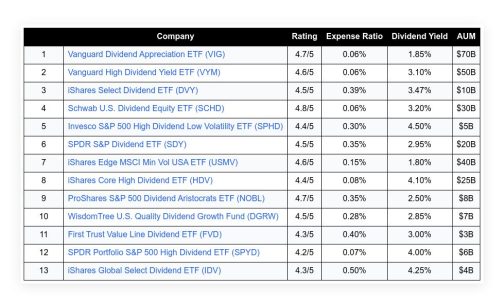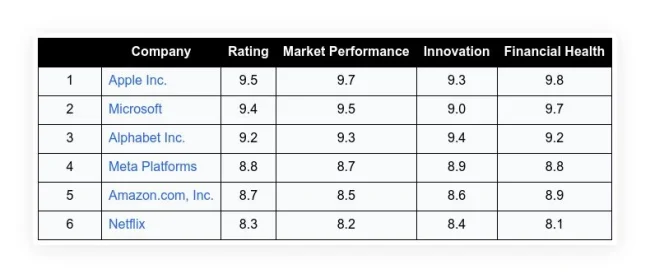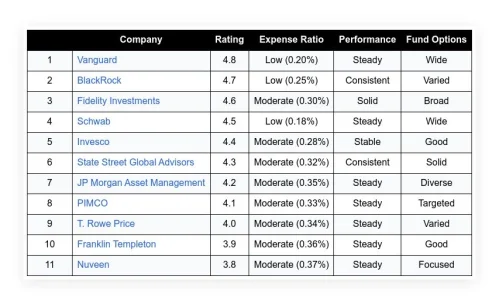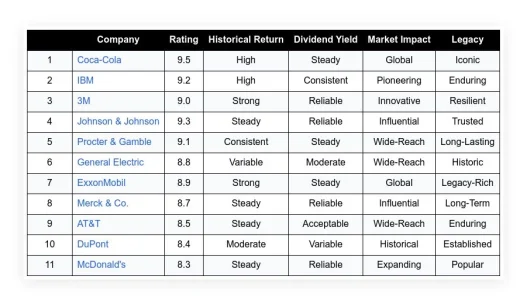Politics, especially finance, is a complex and often divisive subject. It directly impacts the lives of every citizen, influencing their financial stability, economic opportunities, and overall quality of life. This article aims to provide an unbiased analysis of the tax policies proposed by two significant political figures in the United States: former President Donald Trump and current President Joe Biden.
View this post on Instagram
A post shared by Taylor Sohns – CFP®, CIMA®, MBA – Finance (@lifegoalinvestments)
Table of Contents
ToggleTrump’s tax policy: The Tax Cuts and Jobs Act
The Tax Cuts and Jobs Act was initiated under the Trump administration in 2017. This act was designed to lower taxes for most Americans, thereby increasing their disposable income and potentially stimulating economic growth. The Tax Cuts and Jobs Act will sunset in 2025 unless it is renewed.
According to The Wall Street Journal, if the act is not renewed, taxes will increase for 62% of US households. That’s a significant proportion of the population, and the potential financial implications are substantial. Whether or not to renew the act is a contentious issue, with strong arguments on both sides.
Biden’s stance on tax policies
Political experts suggest that President Biden will not renew the Tax Cuts and Jobs Act. This decision aligns with the Democratic Party’s stance on taxation, arguing that the tax cuts have primarily benefited the wealthy, widening the wealth gap.
Democrats propose raising taxes, thereby increasing government revenue. This additional funding would be used to support welfare programs that benefit the lower class. This approach aims to redistribute wealth more evenly across society and provide support for those who need it most.
The Republican perspective on taxation
On the other hand, Republicans argue that keeping money in the hands of individuals and corporations is a more effective strategy for economic growth. They believe that these entities are better at allocating resources than the government and that this approach will ultimately benefit the overall economy.
The theory is that the benefits will trickle down to the lower class as the economy grows. This perspective is rooted in the belief in the efficiency of free markets and the idea that reducing government intervention can lead to increased economic prosperity.
The debate: Which economic viewpoint do you support?
The question of which economic viewpoint is most effective is a complex one. It depends on a variety of factors, including one’s personal beliefs about the role of government, the effectiveness of welfare programs, and the best way to stimulate economic growth.
The Democratic viewpoint argues for a more active role for the government in redistributing wealth and supporting the lower class. The Republican viewpoint, on the other hand, advocates for less government intervention and believes in the power of free markets to drive economic growth and prosperity.
Conclusion: The importance of understanding tax policies
The debate over tax policies and their impact on US households is a critical one. It directly affects the financial stability of millions of Americans and has broader implications for economic growth and inequality. As citizens, it is essential to understand these issues and engage in informed discussions about the future direction of our country’s economic policies.
Whether you align more with the Democratic or Republican viewpoint, it is crucial to consider the potential implications of these policies on different segments of society. The question of how to best support economic growth and ensure a fair distribution of wealth is a complex one, and it is a debate that is likely to continue for many years to come.
In the end, the choice between these two economic viewpoints is a personal one. It depends on your beliefs about the role of government, the effectiveness of welfare programs, and the best way to stimulate economic growth. So, which economic viewpoint do you support? Let the discussion begin.
Frequently Asked Questions
Q. What was the purpose of Trump’s Tax Cuts and Jobs Act?
The Tax Cuts and Jobs Act was designed to lower taxes for the majority of Americans, thereby increasing their disposable income and potentially stimulating economic growth.
Q. What will happen if the Tax Cuts and Jobs Act is not renewed?
If the act is not renewed, taxes will increase for 62% of US households, potentially leading to significant financial implications.
Q. What is President Biden’s stance on the Tax Cuts and Jobs Act?
Political experts suggest that President Biden will not renew the Tax Cuts and Jobs Act. This decision aligns with the Democratic Party’s stance on taxation, which argues that the tax cuts have primarily benefited the wealthy, thereby widening the wealth gap.
Q. What is the Democratic Party’s approach to taxation?
Democrats propose to raise taxes, thereby increasing government revenue. This additional funding would be used to support welfare programs that benefit the lower class. The intention behind this approach is to redistribute wealth more evenly across society and provide support for those who need it most.
Q. What is the Republican perspective on taxation?
Republicans argue that keeping money in the hands of individuals and corporations is a more effective strategy for economic growth. They believe that these entities are better at allocating resources than the government, and that this approach will ultimately benefit the overall economy.
Q. What are the different viewpoints on the role of government in the economy?
The Democratic viewpoint argues for a more active role for the government in redistributing wealth and supporting the lower class. The Republican viewpoint, on the other hand, advocates for less government intervention and believes in the power of free markets to drive economic growth and prosperity.
Q. Why is it important to understand tax policies?
The debate over tax policies and their impact on US households is a critical one. It directly affects the financial stability of millions of Americans and has broader implications for economic growth and inequality. As citizens, it is essential to understand these issues and engage in informed discussions about the future direction of our country’s economic policies.










